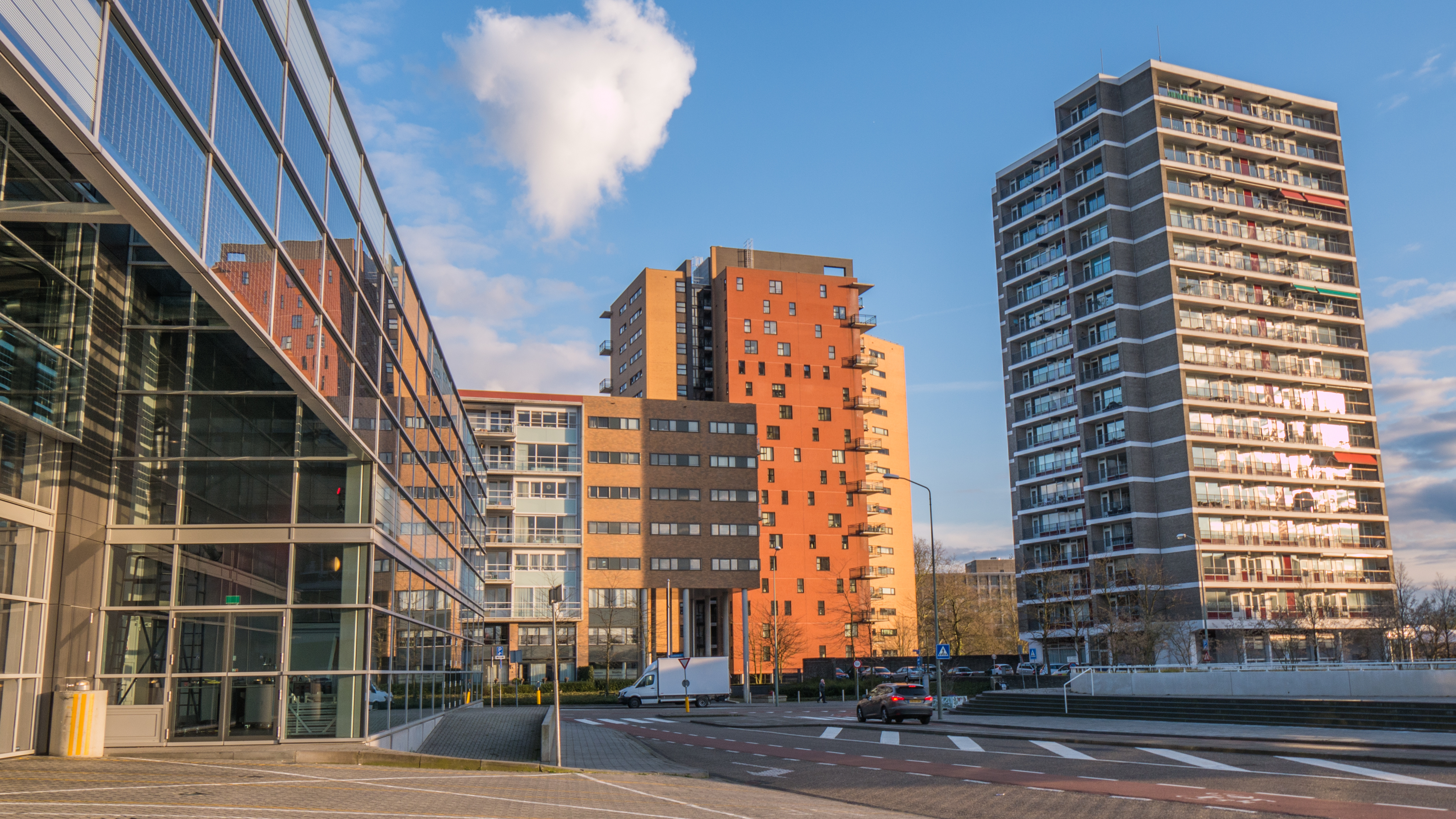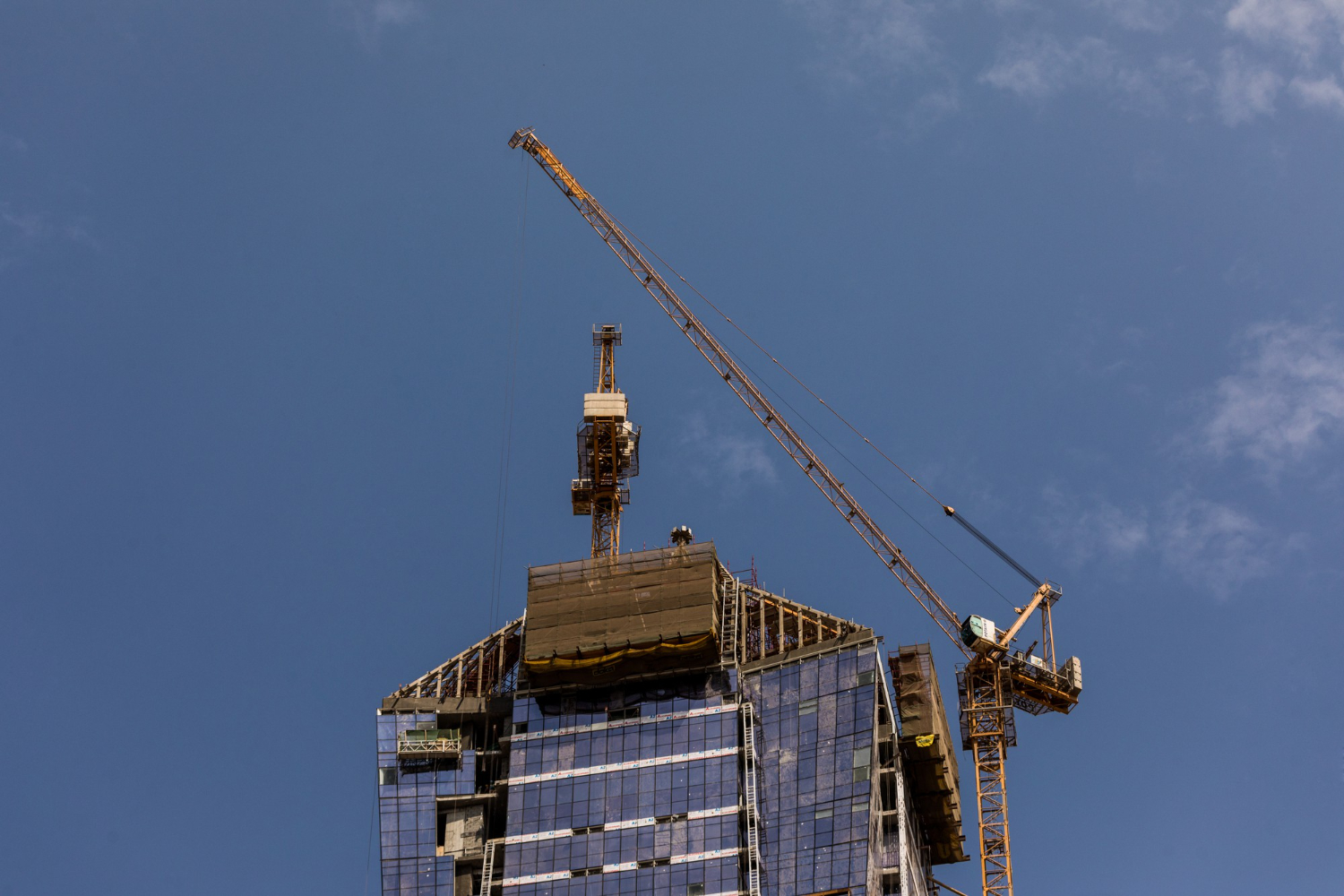

Managing a residential block is akin to running a small town. It requires an intricate blend of interpersonal skills, administrative prowess, and a deep understanding of building maintenance.
The challenges are many: from ensuring the safety and well-being of residents to overseeing financial budgets and contractors. Given the complexity of the task, it’s essential for property managers to have a clear road map.
Here are some quintessential tips for effective residential block management.
Understanding the Legal Framework
Before you can execute any task effectively, understanding the legal landscape is paramount. In the UK, laws such as the Leasehold Reform Act, The Landlord and Tenant Act, and the Commonhold and Leasehold Reform Act are fundamental. You must familiarise yourself with the responsibilities, limitations, and rights bestowed upon you by these statutes. Furthermore, keeping abreast of any changes or new regulations is crucial for compliance and effective management.
Clear Communication
The cornerstone of any effective management is communication. Establish clear lines of communication between you and the residents, as well as between you and any third-party contractors. Utilise newsletters, emails, social media, and community boards to keep everyone in the loop. Having an open-door policy encourages residents to voice their concerns or ideas, making your management proactive rather than reactive.
Financial Prudence
Budget management is an unavoidable part of block management. Create a realistic annual budget that factors in regular expenses, one-off costs, and emergency funds. Always seek multiple quotes for any contracted work to ensure that you are getting value for money. Transparency in financial dealings is also key. Provide clear and comprehensive financial statements to residents and make sure to review and adjust the budget as necessary.
Regular Inspections and Maintenance
A stitch in time saves nine, as the adage goes. Regular inspections can pre-empt issues before they escalate into major problems. This can include everything from checking the structural integrity of the building to ensuring fire safety measures are up to scratch. Set up an annual maintenance calendar and stick to it. Regular inspections not only save money in the long run but also give residents peace of mind. Working with an organisation like Balance Mechanical can ensure your energy centres, HVAC, and gas and electric perform at their best, and that issues can be quickly ironed out.
Vendor Management
Choosing the right contractors for maintenance work is a significant task. Background checks, interviews, and references are indispensable. Once contracted, there must be stringent quality control and timelines set for all tasks. Vendors should also be briefed about the community rules and expected code of conduct.
Resident Involvement
Engaging residents in the management process can be incredibly beneficial. It not only fosters a sense of community but can also provide valuable insights into the needs and wants of the people you are serving. Consider establishing a resident’s association or a block committee to serve as a liaison between the management and the residents.
Emergency Preparedness
Emergencies are unpredictable, and a well-thought-out emergency response plan can make all the difference. This plan should cover various scenarios, from fire and floods to power outages. Conduct regular drills and ensure all residents are aware of emergency exits, assembly points, and contact numbers.
Use of Technology
Modern problems require modern solutions. Property management software can handle various tasks like financial tracking, maintenance scheduling, and communication with residents. Utilising technology can not only make your work easier but also more efficient.
Sustainability
With the increasing focus on environmental conservation, implementing sustainable practices can give your block a competitive edge. This could range from energy-efficient lighting to recycling programmes. Plus, it’s not just good for the planet; it can also significantly reduce long-term operating costs.
Remember, every block has its unique needs and challenges. What works for one may not necessarily work for another. But, a foundation built on these principles is bound to stand the test of time.




